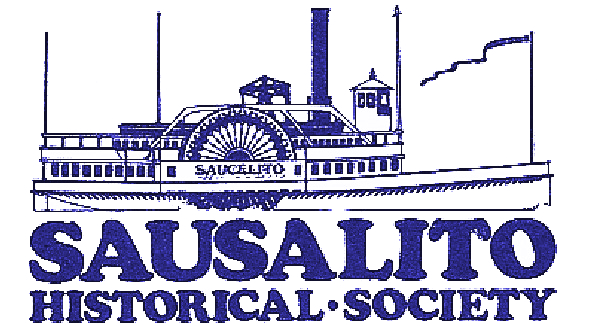By Elenore Meherin and Larry Clinton, Sausalito Historical Society
In recent columns we’ve excerpted tales of life on William Richardson’s Rancho Saucelito in the 1840s, as told by Sausalito News historian Elenore Meherin. They focused on the life of Richardson’s daughter, Mariana. Our last installment told how her bucolic lifestyle was threatened by the Bear Flag Revolt, led by Colonel John C. Fremont.
IMAGE FROM PINTEREST
Kit Carson in a painting by William Tylee Ranney
Fremont had set up camp in San Rafael and the brave but out-numbered and out-gunned Californios attempted to halt his militia from taking their land. Mariana waited anxiously for word of her beloved, Ramon de Haro, who had been missing from the rancho for some time. Today, we present excerpts from Ms. Meherin’s account of a tragic moment in the ensuing struggle, at the hands of a legendary frontiersman:
Just across the bay from San Rafael, General Jose Castro was waiting with two divisions of his men. They were poorly equipped and numbered 150 men in all. Castro’s plan was to cross from San Pablo, unite forces and march on Sonoma. He knew nothing of Fremont’s presence at Mission San Rafael. A messenger was needed to reach de la Torre. Ramon with his twin and his uncle had just reached San Pablo. They were not soldiers of Castro’s army but they were loyal Californians and they were travelling north. Ramon volunteered.
It was a beautiful June morning with the waters rippling like melted sapphires. He was happy and in love. He had a rose from Mariana crumpled in his pocket and her answering note, “Do not make the waiting long, Ramon. My knees wear out with praying. I had rather dance, querido—with you!" Exultant and with the young blood singing in his veins, he took the papers Lieutenant Rico gave him. He stuffed them in his boots. They would be delivered . . . never fear! He was brave and handsome and beloved. What could the world do to harm a man like that?
Lieutenant Francisco Rico has left an account of the departure of the twin de Haro brothers and their aged uncle, Don Jose R. Berreyesa. The pages are in Bancroft Library at the University of California, open for anyone who wants to read. One of the Castros of San Pablo, Sergeant Manuel, took the party across in his boat. They rowed across the straits to Point San Pedro on the Marin County side. And they were seen from the corridors of the Mission building.
Sitting there on the rose-covered patio in the Sabbath peace was Captain John C. Fremont, Captain Archibald Gillespie and a company of Fremont’s men. There also, on a chance visit to friends at the Mission was Jaspar O’Farrell, pioneer surveyor for whom a street in San Francisco is named. O’Farrell's account of the shocking affair was widely published during Fremont's lifetime. It was never denied. Kit Carson, the scout and two trappers were sent forward to intercept the Californians. Carson had advanced a few hundred yards when, according to O’Farrell he returned to the patio and accosted Fremont directly. "Shall I take these men prisoners?”
Fremont replied, "I have got no room for prisoners.”
Carson and his companions then swung their horses about and galloped toward the Point where the Californians were about to land. The boys and their uncle stepped from the boat, they stacked their saddles on the beach and started walking the mile or two to the familiar Mission gardens. Here they would get horses and continue their journey. They had not the slightest foreboding. The lovely chapel was a friendly place. Here, often, they had prayed; here they had come for weddings and christenings and feast days. Laughing, they sauntered on. Horsemen approached. They came at the lull gallop. Fifty yards from the three Californians, the armed riders jumped from their mounts. They raised their rifles to their shoulders.
“But we are friends,” Ramon shouted. "We have no muskets.”
The three men raised their arms and dropped to their knees, confident of mercy. They waited, startled but smiling. The rifles barked. Without a word of explanation, they were shot to death. Meanwhile, back at the Rancho…
To be continued

